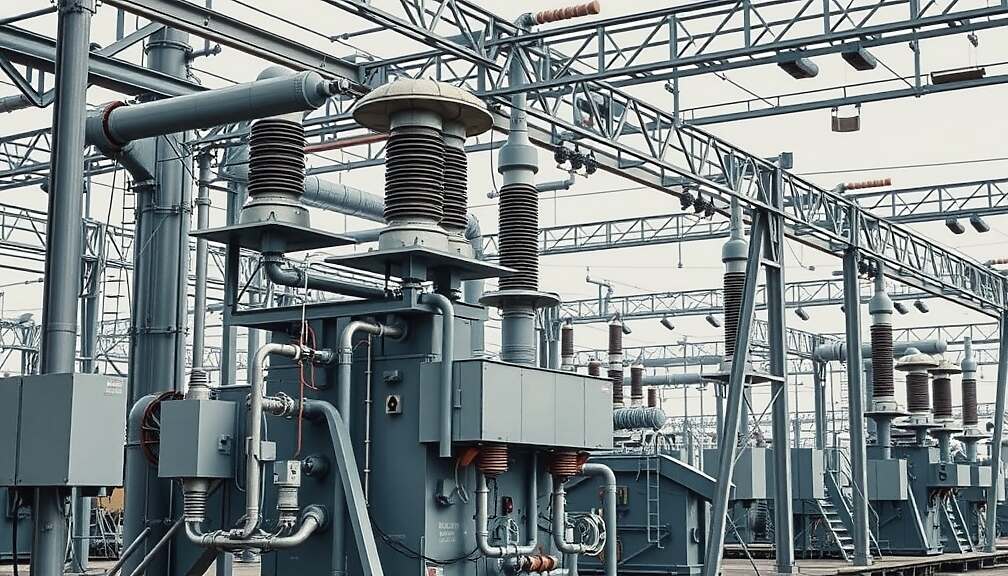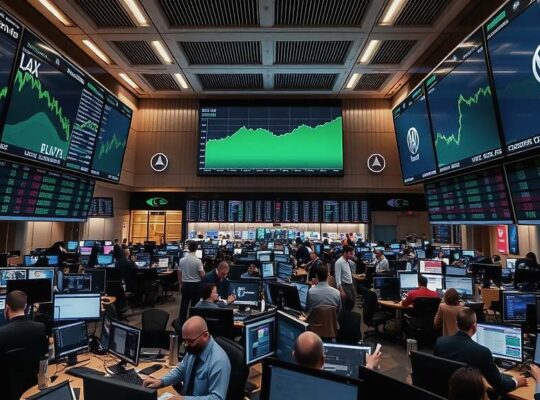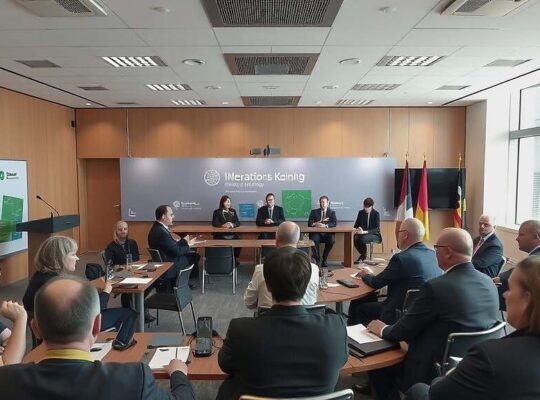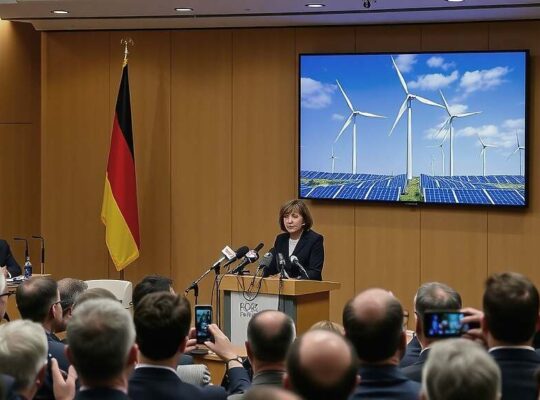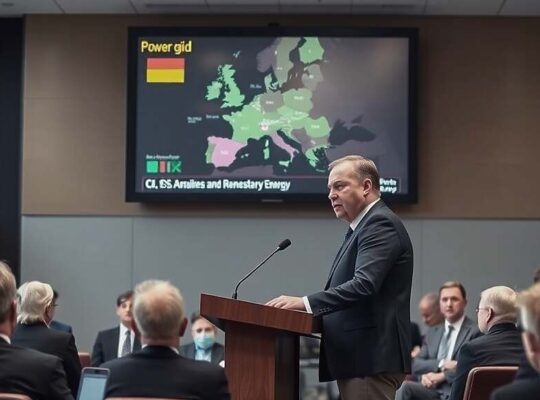German grid operators achieved an average return on investment of approximately 20 percent in 2023, according to an analysis by the German Association of New Energy Industries (BNE), as reported by Der Spiegel.
The industry lobby group examined 15 of Germany’s 866 distribution grid operators, representing roughly half of the market. Seven of these companies are subsidiaries or affiliates of E.ON, which operates a significant network across Germany. Consumers bear the cost of these high returns through network charges included in their electricity bills.
For a typical three-person household, these network charges amount to around 270 euros annually. Lower returns would translate to decreased electricity costs for end consumers. The returns of the 15 companies analyzed are four to six times higher than the returns the Federal Network Agency (BNetzA) considers a benchmark for network fees.
E.ON stated that BNetzA’s calculations and the actual returns according to German commercial code represent different scenarios. The latter account for significantly longer depreciation periods and various special effects, leading to considerable fluctuations. EWE attributed its high returns to faster depreciation of assets, but cautioned that this doesn’t necessarily reflect future investment conditions.
The Federal Network Agency presents a different perspective, indicating that grid operators have averaged a return of twelve percent since 2016. According to the BNE, E.ON’s subsidiary, Schleswig-Holstein Netz, achieved an average return of approximately 21 percent from 2019 to 2023. EWE also reportedly maintained consistently high returns during this period.


